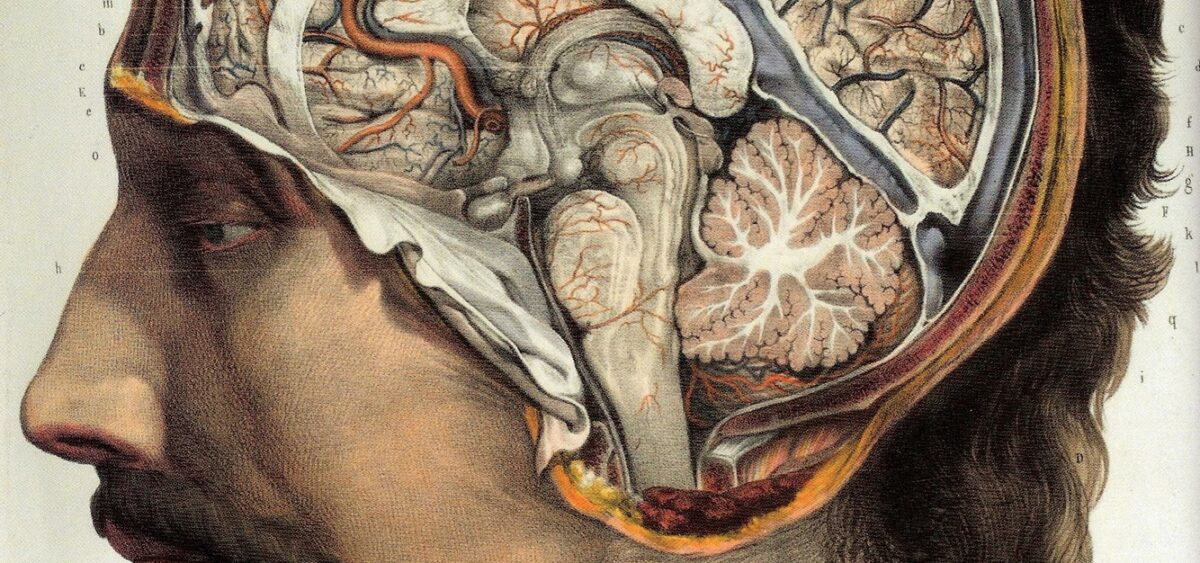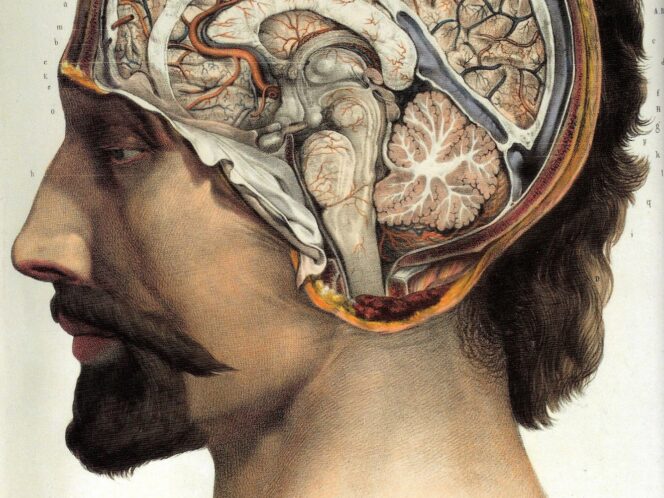
What makes our brains remember? Can they be trained to recall more? Professor Małgorzata Kossut discusses memory, plasticity, and the science of mind-reading.
Aleksandra Pezda: What is memory?
Professor Małgorzata Kossut: Memory is the ability to store and retrieve information. All information received by the human brain leaves a physical trace in the form of new neuronal circuits, strongly connected sets of cells—we call them engrams. In this way it is remembered. Some of these traces are stored, forming long-term memories that can be recollected when necessary. The concept of the engram was described by the German scientist Richard Wolfgang Semon at the beginning of the twentieth century. Even then, he argued that there is a relationship between physiological states of the body and memory, and there must be some kind of physical memory trace.
The relationship between memory and the brain was not at all obvious, if we look at the history of science. Although Plato had already claimed that memories “imprint traces on the human organism” as late as the nineteenth-century, phrenologists—who divided protuberances on the skull into areas responsible for specific mental functions—were unable to isolate the area responsible for memory. It took us almost an entire century to figure out what engrams are and to confirm Semon’s theory.
Is there no single area in the brain responsible for memory?
Back in t








